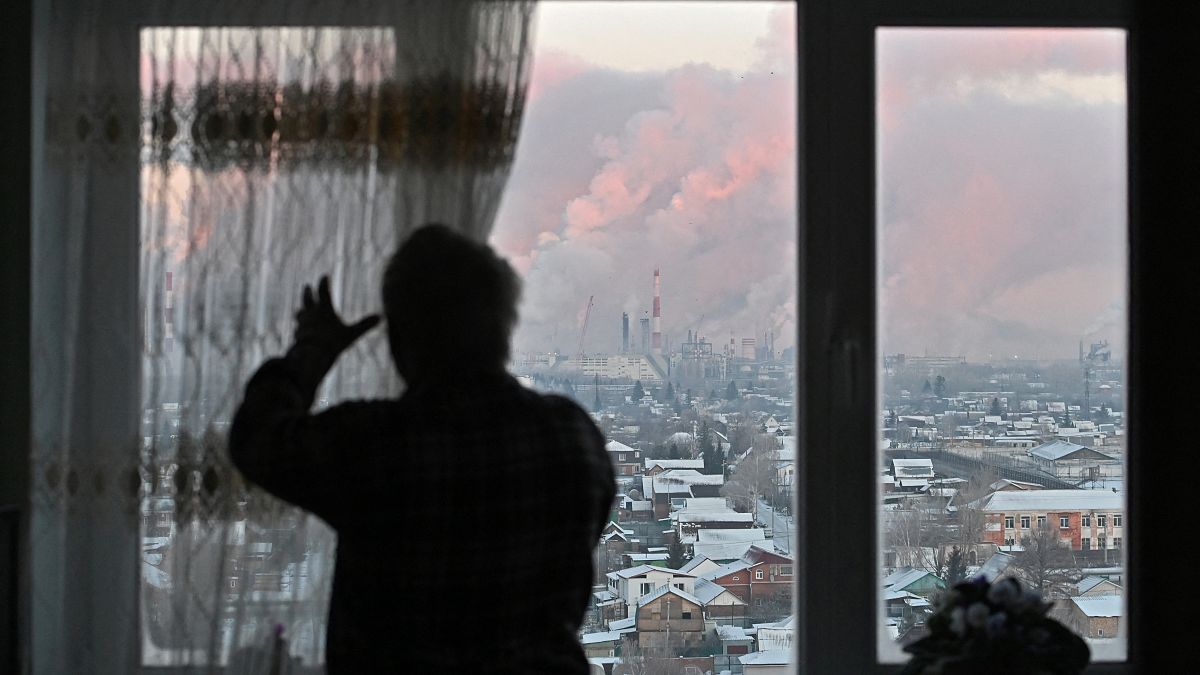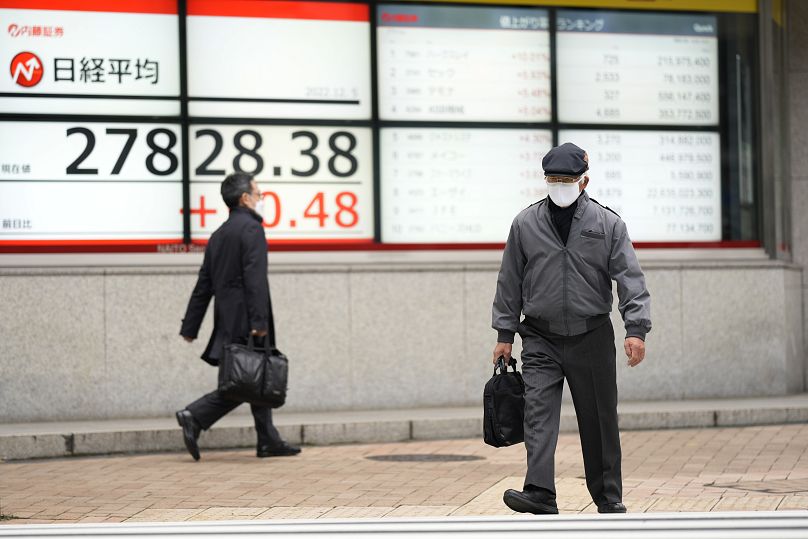The $60-a-barrel cap on Russian oil approved by the G7 comes into force on Monday despite Moscow's threats.
The European Union and G7 price cap of $60 a barrel for Russian oil came into effect on Monday, as the West tries to weaken Moscow's ability to continue funding the war in Ukraine while protecting the global economy from a sudden rise in energy prices.
The price cap was agreed upon on Friday by G7 nations, EU countries and Australia after Poland -- who was holding out against the measure -- finally gave it the green light. According to the agreement, Russian oil is allowed to be shipped to third-party countries using G7 and EU tankers, insurance companies and credit institutions, only if the cargo is bought at or below the $60 per barrel cap.
Before the invasion of Ukraine, Russian oil was typically sold for between $55 and $65 a barrel.
The rather conservative cap of $60 a barrel pushed for by the EU and the US has raised criticism from Ukraine, with President Volodymyr Zelenskyy saying that the measure will do little to deter Russia from waging war in Ukraine.
"You wouldn't call it a serious decision to set such a limit for Russian prices, which is quite comfortable for the budget of a terrorist state," he said.
In a message posted on Telegram, the head of Zelenskyy's office, Andriy Yermak, called for the cap to be lowered to $30 a barrel "in order to destroy the enemy’s economy faster".
The level of the cap is to be reviewed by the EU and the G7 countries every two months.
On Saturday, Kremlin spokesman Dmitry Peskov said that Russia still had to analyse the new measure but it would certainly reject the price cap. In a tweet published on the same day, Russia's permanent representative to international organisations in Vienna Mikhail Ulyanov said that Russia might stop supplying the nations that endorsed the cap.
“From this year, Europe will live without Russian oil," Ulyanov threatened. "Moscow has already made it clear that it will not supply oil to those countries that support anti-market price caps. Wait, very soon the EU will accuse Russia of using oil as a weapon."
An anonymous source told Reuters that a decree was being prepared to forbid Russian companies and traders from interacting with countries and companies who have agreed on the cap. Such a decree would ban the export of oil and petroleum products to countries and companies that apply it.
The world's number two oil producer would likely try to reroute its supplies by organising its own insurance and using the world's shadowy fleet of off-the-books tankers to avoid the price cap, according to analysts, but this won't be an easy -- or cheap -- alternative.
China, one of the countries that have been buying more Russian oil as European countries gave it up following the invasion of Ukraine, said on Monday that it will continue its energy cooperation with Russia on the basis of respect and mutual benefit, Russia's RIA news agency reported.
In the wake of the EU and G7 price cap coming into force, the rouble was down 0.4 per cent at 62.23 to the dollar -- a seven-week low.

